One of the interesting aspects of living towards the outer edges of the civilised world is that the Cathedral1 signal is far more refined than it is in the United States. Unless one was actively seeking alternative viewpoints (from non-approved sources) regarding the recent election held there, all that was to be heard and seen spoke negatively of Trump and glowingly of Clinton. Now, the usual respectable voices are struggling to make sense of the unstoppable rise and eventual triumph of Donald Trump.
It is important to note that it is actually the requirement of maintaining respectability that is the root cause of this struggle. Today, respectability requires the adoption of a certain worldview. Some allowance is given for limited excursions outside of that worldview to show the capacity for independence of thought, and the restraint not to be too independent.
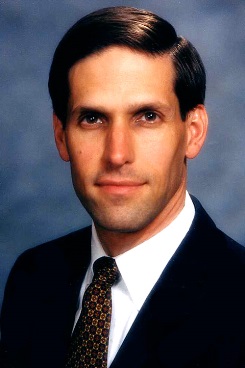
Joseph P. Overton (b. 1960 d. 2003)
Joseph Overton referred to this as the Window of Discourse, but this concept has become more popularly know as the Overton Window. Joseph Lehman, President of the Mackinac Center for Public Policy defined the Overton Window the range of policies considered politically acceptable in the current climate of public opinion, which a politician can recommend without being considered too extreme to gain or keep public office.2 Because of this, the Overton Window functions as a hard limit on the rationale for events that are even considered by those who must maintain their respectability. Further, when one is respectable, one does not associate with those who are not; a respectable pundit does not even encounter thought beyond the Overton window, certainly not from anyone who is respectable. No true Scotsman indeed.
But the reasons for Donald Trump’s rise exist outside the Overton Window, and thus cannot be understood by anyone stuck within its confines. Yet for those not so confined — incidentally just over half the people in the United States — the reasons for Trump’s rise are obvious. Interestingly, twenty years ago, this split was not nearly so evident. It is possibly impertinent to note this, but it is not the views of the people who supported Donald Trump that changed. Rather, it is the views of those who have to maintain respectability in order to maintain their position that have changed. It is no longer permitted for them to even think the thoughts required to understand what just happened. The Overton Window has become the Overton Bubble.
As an aside, there is good reason why prior Labor leaders like Mark Latham and Prime Minister Paul Keating understand what just happened. For a start, the people who voted for Trump were the same people who voted for Keating, and a little later, for Latham. But observe the movement of the Overton Window — it would have been unthinkable for Keating to not appeal to the working-class man, despite being a higher class act himself. He certainly understood their thinking. When Latham was in power, he brought high level working class thought to the table, but this was already riding the edges of respectability. By the time Gillard arrived, it was acceptable to outright vilify the thoughts of the working-class man. Today, to do anything less is grounds for being outcast from respectability. So much so that it we now have terms like crimethink to describe the thoughts that just twenty years ago were respectable, if working class.
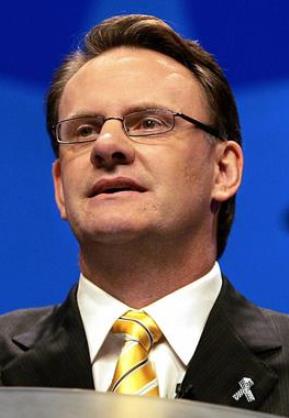
Former Australian Labor leader, Mark Latham.
Take for example the piece by Richard Eccleston and Matt Killingsworth in The Mercury,3 both respectable interpreters of foreign events; both caught inside the Overton Bubble. If we turn our attention to the article in question, we find misapprehensions from the start that only occur within the Bubble. Leaving aside referring to Hillary Clinton — she of the reverse Midas touch — as the “best qualified”4 and “most experienced”5 candidate in history, we find Trump referred to as having a “marginalising” effect on Americans.6
That statement bears inspection. Who did Trump marginalise? Trump actively marginalised only two groups of people. The first was criminal illegal immigrants. The second was journalists. Now consider this from the perspective of someone trapped inside the Overton Bubble. Under the constraints of respectable thought, it is improper to criticise a victim class like ‘illegal immigrants’ even if those criticism is limited to those who have committed crimes beyond their violation of sovereignty. Under the unwritten guidelines of respectable thought, anyone who has the audacity to publicly criticise the criminal subset of a victim class, inherently must be criticising the complete set. So a continued criticism of criminal illegal immigrants translates inside the bubble to criticism of illegal immigrants, to criticism of all immigrants – ‘huge swaths of the American Public’. Furthermore, Trump had the audacity to continually criticise journalists and the media in general. So not only did bubble think expand Trump’s criticism of criminal illegal immigrants to all immigrants, he made those attacks personal to the journalists and media reporting on them. Journalists felt personally under threat, demeaned, stripped of respectability. These two assaults combined to prevent any semblance of the reality outside their bubble from breaking in.
Even post Trump’s victory, the authors remain within the Overton Bubble. Fresh from their failure to perceive the reality that Trump was likely to win the election, the article launches into prescribing the actions available to those within the bubble required to preserve the Bubble. Not, mind you, those required to resolve the issues that led to the bubble forming, but to ensure the integrity of the bubble itself.
For effect, a translation of in-bubble to ex-bubble thought:
Despite his regular claims to the contrary, Trump’s work experience is ill-suited to the policy challenges confronting him and the US. Once the hullabaloo settles and Democratic Party post-mortems begin, the new President will be faced with a racially, economically and politically divided country that, following one of the most rancorous election campaigns in living memory, will need all the skill of a seasoned politician to put back together.
Therein lies the rub.7
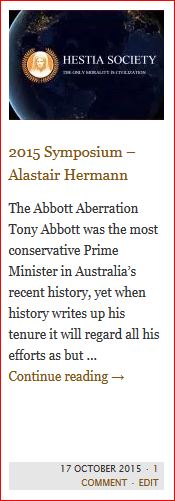 It is incomprehensible to anyone respectable that Trump could have gathered the experience required to run a government as it should be run. Understand that respectable people will utilise all the rebellious tools at our disposal to divide the country in order to frustrate Trump attempts to unify it, because Trump and those like him think thoughts that we cannot afford to be contaminated with. A seasoned, respectable politician is needed to restore the integrity of the bubble respectable people live within.
It is incomprehensible to anyone respectable that Trump could have gathered the experience required to run a government as it should be run. Understand that respectable people will utilise all the rebellious tools at our disposal to divide the country in order to frustrate Trump attempts to unify it, because Trump and those like him think thoughts that we cannot afford to be contaminated with. A seasoned, respectable politician is needed to restore the integrity of the bubble respectable people live within.
Unfortunately, respectable people seem to have miscalculated and now have… Trump.
The American electorate has elected an outsider, rejecting a seasoned politician and the so-called political elite. In electing Trump, the electorate has also rejected core aspects of America’s post-Cold War liberal order — bipartisan support for trade liberalisation in the shape of free trade; the US as a cultural, ethnic and religious melting pot; and faith in once-lauded political and legal institutions.8
The deplorables elected someone who is not respectable, rejecting repsectable options from both respectable parties. The deplorables in doing so, have also rejected the enlightened institutions that have been imposed upon them by respectable people that have served to destroy the nation they were born into. Everything was arranged so that only respectable people had influence; there was a bipartisan lock that effectively prevented any attempt by those who do not respect the limits of acceptable thought to preserve their dying institutions and culture. It is noted in The Mercury that “[i]n electing Donald Trump, the electorate has rejected core aspects of America’s post-Cold War liberal order.”9 Furthermore:
While democracy is not dying, liberal democracies, such as those that exist in the US and Australia, are suffering massive upheavals. Indeed, we might be witnessing the rise of illiberal democracies.
America’s democracy has always been underpinned by liberal values (acknowledging the obvious tensions). These ideas are front and centre in their most famous documents.10
There now is a clear danger that the enlightened institutions that respectable people have established to reduce Western Civilisation to a wreckage may be torn down. While the pretence that democracy is itself an institution of Western Civilisation remains secure, some of the enlightened institutions that have served respectable people well are at risk.
It amuses and comforts us that respectable people were able to craft these parasitic elements into the very documents that formed the core scripting for the United States. Let’s keep this ‘our little joke’.
But this election signifies a damning rejection of liberalism’s two core totems, multiculturalism and globalisation. Instead, the election of Trump legitimises the politics of exclusion, nationalism and protectionism, especially among Trump’s core demographic of white, undereducated males, angry at their loss of privilege in a demographically altered nation.
The US model of democracy was, for much of the 20th century, regarded as the aspirational model for other liberal democracies. But this election, the result and nature of the campaign, damages America’s assumed position as the globe’s liberal democracy par excellence.11
Two of our useful innovations are at specific risk: multiculturalism and globalisation. If we manage this well, it may still be possible to increase the multicultural diversity within the United States to the point where civil war breaks out between the deplorables and the useful aliens we have accumulated, while globalisation weakens the deplorables sufficiently to make the contest interesting. However, notions of ‘exclusion, nationalism and protectionism’ put this strategy at risk, especially when combined with people ascribing the blame for the consequences to respectable folk.
The US model of democracy — let’s call it the Cathedral — has for much of the 20th century maintained its hegemony over the International Community. This election threatens not only the security of respectable people in the United States, but also those of us in the broader empire charged with suppressing and replacing our own nations.
What does this mean for Australian democracy?
Australia is not the US and while there is evidence of growing economic marginalisation, social fragmentation and political disengagement, the symptoms are thankfully much less acute.
This does not mean we can be complacent, and we need to give serious consideration to the challenges facing Australia’s liberal democracy.12
What does this mean for Australia?
For all our efforts, Australia has not yet progressed as far in our program of economic marginalisation, social fragmentation and political disengagement as other nations have. Thankfully, because we are somewhat behind the U.S, we still have some time to respond to the weakness exposed in the global strategy. We cannot be complacent, and must act to protect the enlightened institutions we have established here.
First, we need broader, more responsive forms of political representation. There is a growing need to reform the established political parties so they are more open and democratic rather than being the creatures of insiders and powerful interests. The aim here is to counter a growing perception the political system is captured by political elites.
Second, the big global challenge is to develop a fairer, more inclusive model of capitalism to provide jobs and economic opportunities for a majority of citizens in an era of globalisation and changing technology. In this regard, Australia is in a much better position than the US due to our stronger welfare system and fairer labour market, but more must be done to promote social inclusion, access to education, social services and affordable housing.13
First, we must ensure that our bipartisan stranglehold on political expression does not leave itself open to some variant of what happened with Trump. The aim here is to capture the system more completely while countering the perception that it has been captured. The established political parties have become too narrow in their focus, allowing disturbing forces to establish power bases on the fringe; this may be able to be countered by expanding the focus of the established parties.
Second — and this is something that needs to be addressed globally — we need to ensure that the deplorables in our own countries remain appropriately sated. It is critical that they do not perceive any shortage of resource, while we continue to weaken them, making them more completely dependent upon the government. Australia seems to be managing this better than most.
Third, a more inclusive form of capitalism requires a different economic development model. A retreat to protectionism to restore blue collar jobs is no more the answer than the neoliberal model that has contributed to the current predicament. A better solution is greater public investment in the infrastructure for the 21st century. Such an approach would create jobs over the next decade while laying the foundations for longer term growth. Others may have different preferences and priorities, but what has become clear over the course of 2016 is democratic politics has changed fundamentally.14
At all costs we must prevent a resurgence of protectionism in all its forms. Protectionism will inevitably restore blue collar jobs across the nation, dramatically reducing the dependence of the working class upon the government, and setting our efforts back decades. One solution would be to renew a focus on infrastructure, which provides additional make-work while maintaining the necessary government dependency. It also has a great cover. We need to come up with more ideas, because at this moment the threat to respectable people is real.
If Australia’s political elite do not heed this lesson, there will be a political backlash. That is how democracies work. It just happened in the US.15
If respectable Australians cannot come up with respectable solutions to these threats, our whole world is at risk. Even democracies cannot prevent this. As we have just seen in the US.
♠
What does this all portend? We see that the respectable people in society have spiraled into a bubble of accepted thought that they cannot escape without loss of status, access to power, and earning capacity. Yet reality is larger than that bubble, and events that are due to influences beyond the bubble are articulately reframed in terms of acceptable thought, even when there is simply no rationale available. We also see that this bubble is viewed as the world; nothing of value beyond it exists. We see that this engenders an attitude that the furtherance of the interests of those within the bubble — of the bubble itself — is the only interest that needs to be considered. We see further that the existence of the bubble is predicated upon the dominance of the democratic system and the enlightened institutions built up to perpetuate that system. We see that this bubble has moved so far towards the self-interest of those within it that most of the foundational tenets of Western Civilisation are now located outside the bubble, unable to be contemplated except in historic terms. Greatness itself is found antithetical to the interests of the bubble. As such it is difficult to conclude anything other than that the contents of the bubble will eventually have to be isolated from civilised society for civilised society to again prosper.
And that is quite a task, even for the unstoppable Mr. Trump.
– Alistair Hermann is the son of Christian Missionaries who grew up in Papua New Guinea, observing firsthand the deleterious effects of modernity and democracy upon a nation little older than he was. Observing the same insidious effects at play in Australia, he now researches and occasionally writes internally for the Neoreationary community.
Endnotes:
- The terminology used here is to be interpreted in the context of neoractionary discourse.
- Joseph Lehman, “A Brief Explanation of the Overton Window” Mackinac Center for Public Policy (online) (undated) <mackinac.org> (accessed 17 November 2016).
- Richard Ecclestone and Matt Killingsworth, “Talking Point: Rattling our liberal foundations” The Mercury (online) (10 NOvember 2016 @ 1:15pm AEST) <themercury.com.au> (accessed 17 November 2016).
- Editorial, “Hillary Clinton for the Democratic Nomination” The New York Times (online) (30 January 2016) <nytimes.com> (accessed 17 November 2016); Jonathan Bernstein, “Hillary Clinton, Overqualified” Bloomberg – View (online) (11 May 2015) <bloomberg.com> (accessed 17 November 2016).
- C.f.: Philip Bump, “Is Hillary Clinton the ‘most experienced’ candidate in history?” The Washington Post (online) (14 June 2016) <washingtonpost.com> (accessed 17 November 2016); Jeff Jacoby, “Does Hillary’s resume really make her the ‘best qualified’ presidential candidate?” Boston Globe (online) (3 February 2016) <bostonglobe.com> (accessed 17 November 2016).
- Dominique Mosbergen, “Donald Trump’s behavior leaves Americans overseas ’embarrassed’” Huffington Post (online) (9 November 2016 @ 1:12am AEDT, updated 9 November 2016 @ 2:47pm AEDT) <huffingtonpost.com.au> (accessed 17 November 2016).
- Richard Ecclestone and Matt Killingsworth, op. cit., ¶¶ 8-9.
- Ibid. ¶ 10.
- Caption text to second image in ibid.
- Richard Ecclestone and Matt Killingsworth, op. cit., ¶¶ 11-12
- Ibid. ¶¶ 13-14.
- Ibid. ¶¶ 15-17.
- Ibid. ¶¶ 18-19.
- Ibid. ¶ 20.
- Ibid. ¶ 21.
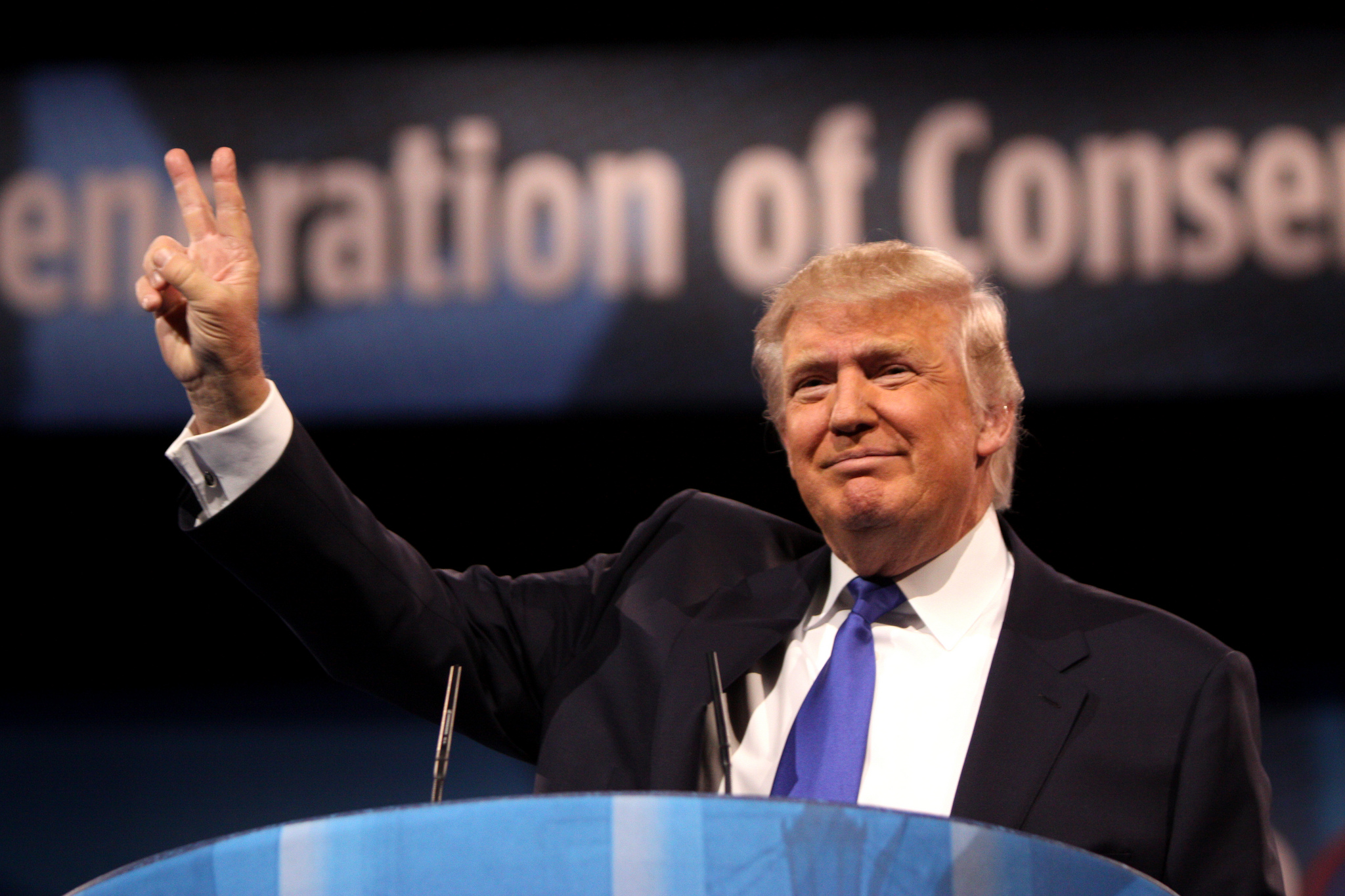


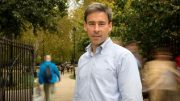
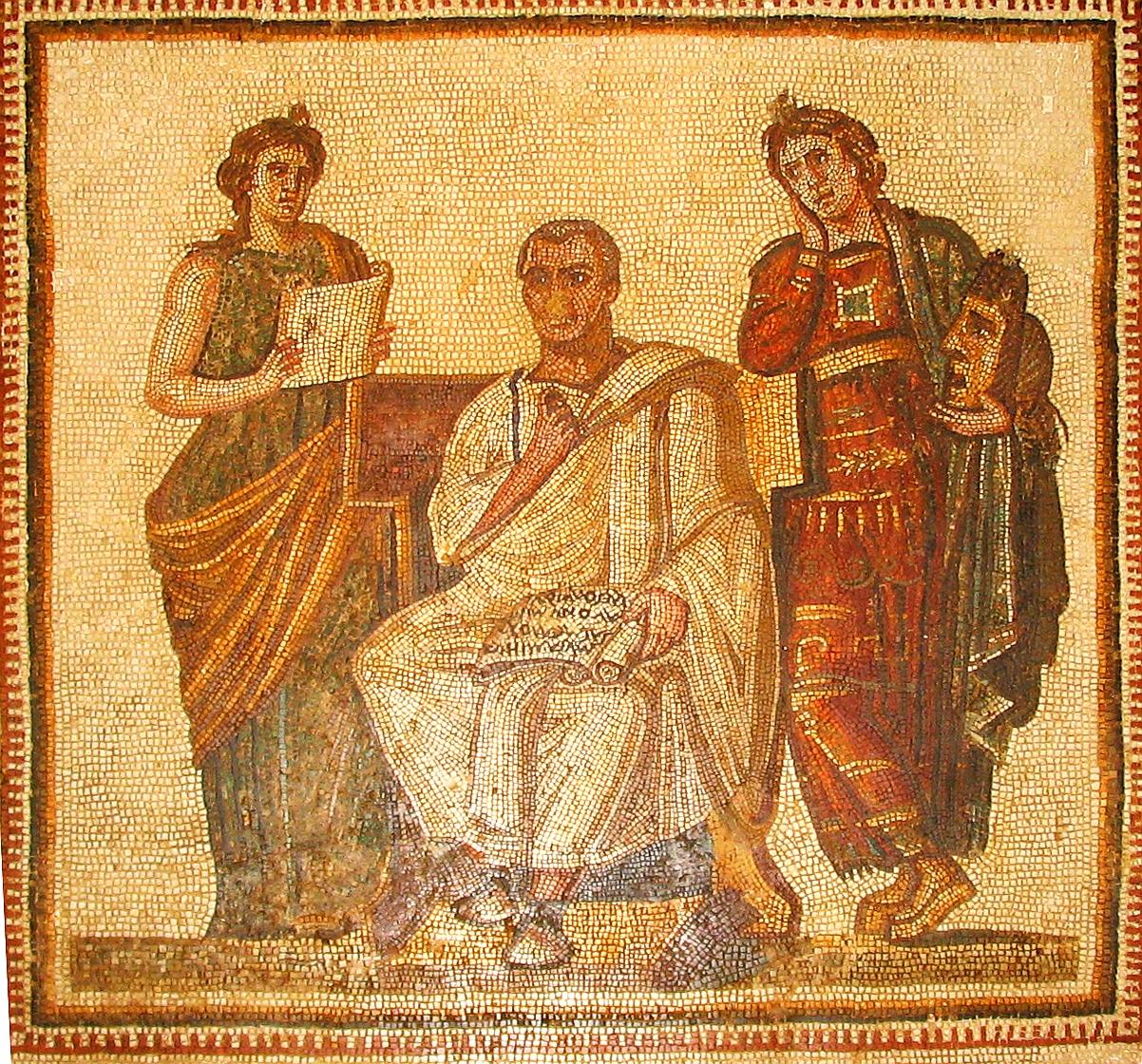
Leave a comment